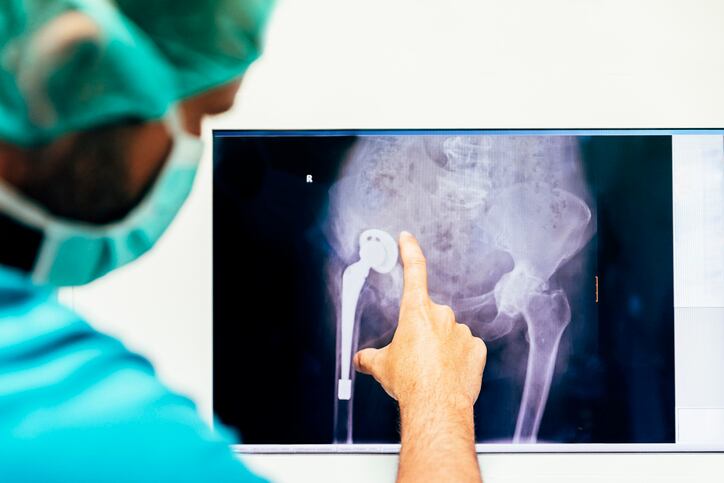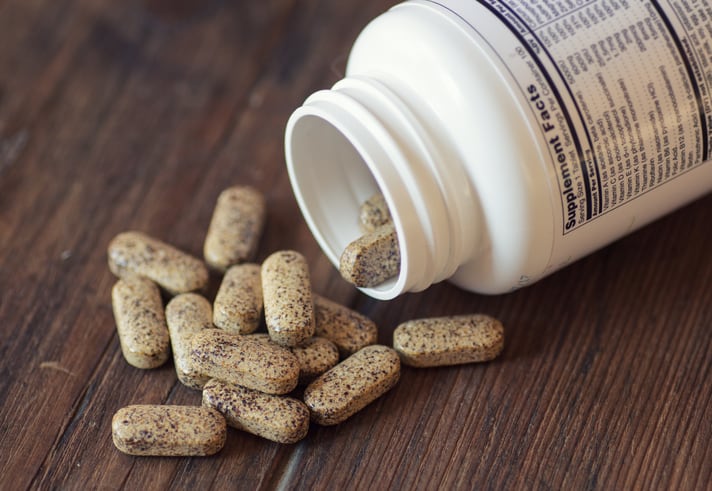Half of women and 20% of men 50 years or older will suffer from an osteoporotic fracture in their remaining lifetime, according to JAMA Network Open. The likelihood of these fractures decrease with supplement regimens that include vitamin D and calcium. Vitamin D is essential for optimal musculoskeletal health because it promotes calcium absorption, bone mineralization, and muscle function. However, vitamin D by itself doesn’t prevent fractures, a new study finds.
Researchers at the University of Oxford found that vitamin D supplements alone do not reduce fracture risk, according to findings published in JAMA Network Open.
Reviewing the studies
The research team conducted a meta-analysis of 11 observational studies of vitamin D blood levels and the associated risk of fracture with more than 39,000 participants, 6 trials of combined vitamin D and calcium treatment with more than 49,000 participants, and 11 trials of vitamin D supplements alone with 34,000 participants.
The studies followed older adults in the "real world," anywhere from five to 15 years to keep tabs on their fracture rates. Overall, the higher a person's blood levels of vitamin D were at the outset, the lower the risk of fracture.
The meta-analysis also included 11 trials testing vitamin D alone, and six testing vitamin D and calcium combined. Study participants' average age ranged from 62 to 85, and they were followed for up to five years.
Combination reduces risk
The results suggest that supplementation with vitamin D alone has no significant effect on risk for any fracture or hip fracture. However, an overall look found that those given calcium and vitamin D together had a 16% reduced risk of hip fracture than those given placebos or no treatment. Their risk of any bone fracture was decreased by 6%.
The authors note that, “neither intermittent nor daily dosing with standard doses of vitamin D alone was associated with reduced risk of fracture, but daily treatment with both vitamin D and calcium was a more promising strategy.”
The review also points out that the subgroup analyses did not demonstrate any significant differences by age, residential status, geographic region, open-label design, daily supplementation and duration for any bone fracture.
More research on the way
“Concerns have been raised about the safety of combining calcium and vitamin D for cardiovascular disease and higher risks of kidney stones associated with calcium supplements,” the researchers wrote. “Further large randomized clinical trials of vitamin D plus calcium are needed among older individuals with frailty or among other high-risk groups with low vitamin D status to clarify the relevance of combined treatment of vitamin D plus calcium for prevention of hip and other fragility fractures.”
The researchers also said there are 7 ongoing large randomized controlled trials involving 62,857 participants that examine the effects of supplementation with higher doses of vitamin D on risk for fracture.
Source: JAMA Network Open
2019;2(12):e1917789 DOI: 10.1001/jamanetworkopen.2019.17789
“Vitamin D and Calcium for the Prevention of Fracture”
Authors: P. Yao et al.




